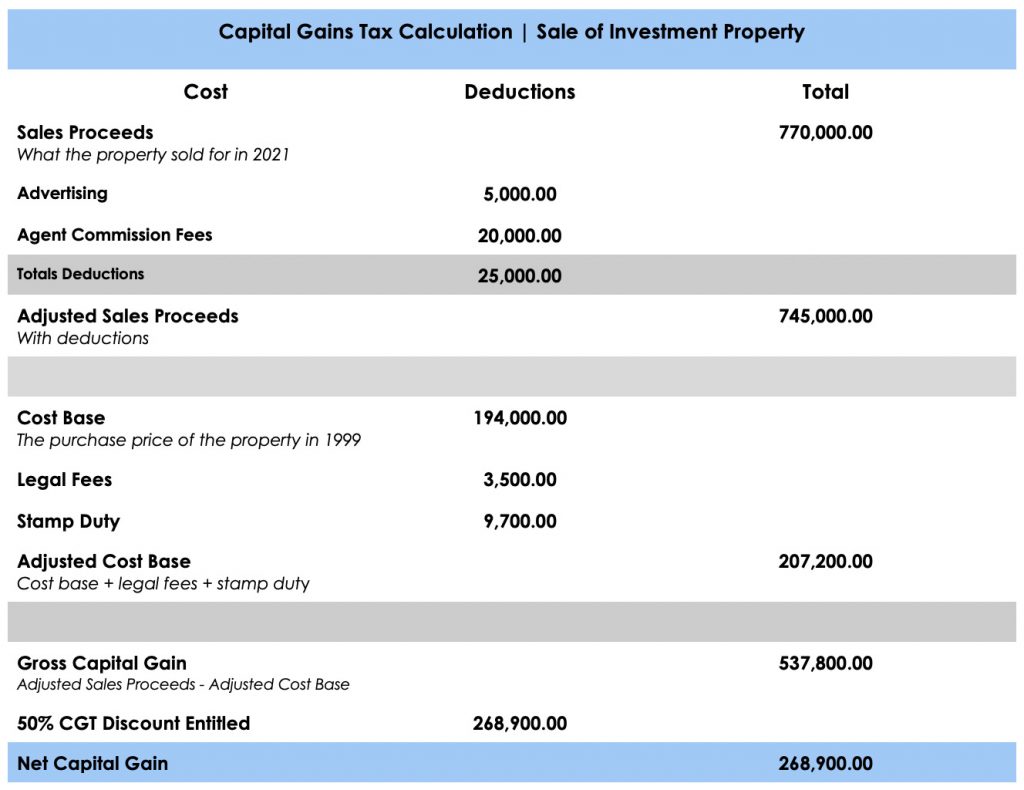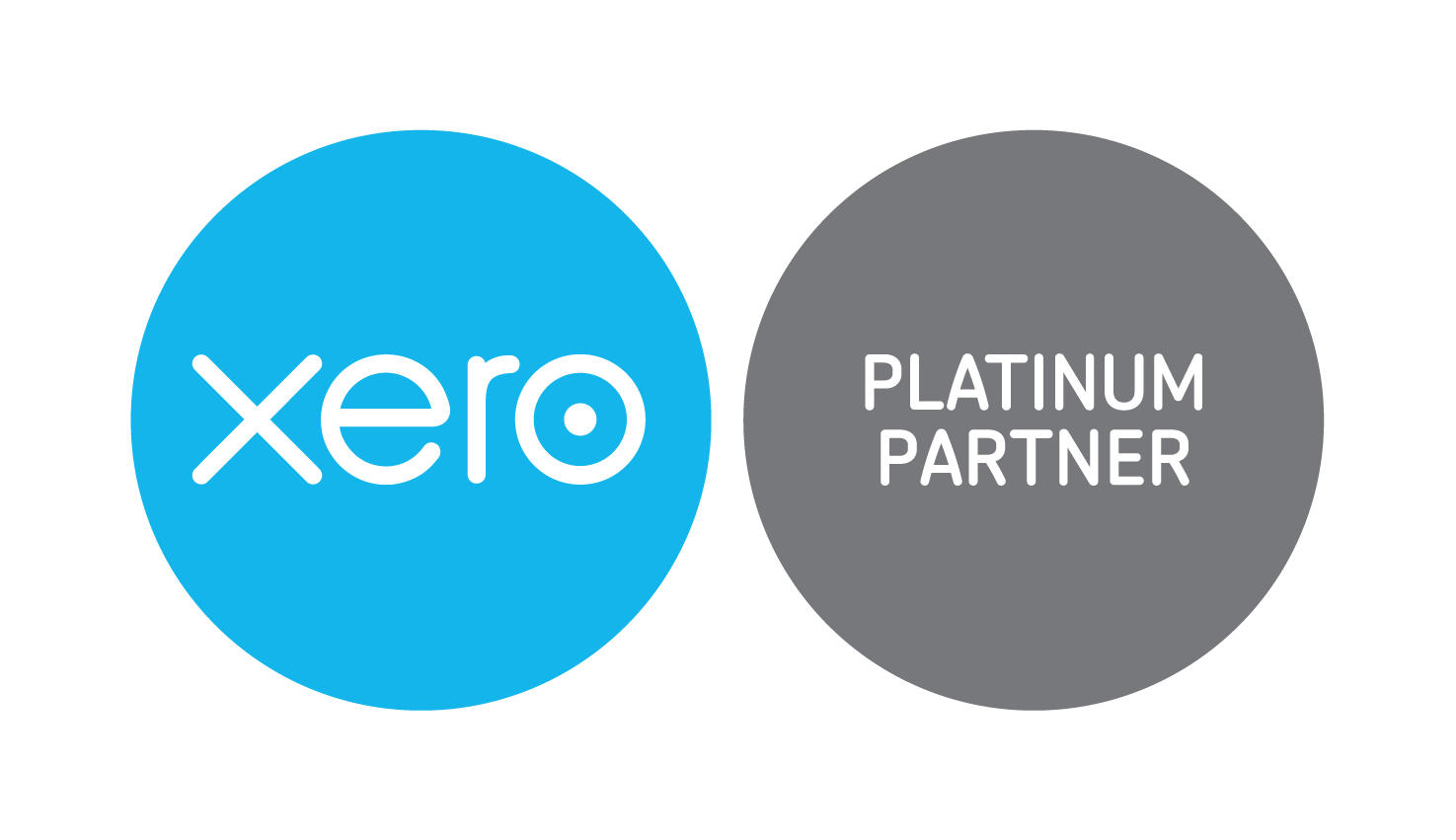You may have heard the phrase before but do you know what CGT means in full? It stands for Capital Gains Tax and whether it’s shares in your small business or a lucrative property investment, there are a lot of elements to fully understanding CGT, what it means and how it can potentially work in your favour when it comes to selling your investment and paying tax.

What is Capital Gains Tax (CGT)?
Capital gains tax is a tax on the growth in value of investments incurred when an entity sells those investments.
This means that although CGT is calculated as part of your annual income and forms a part of your overall tax return, it is a separate tax on the profit you’re making upon the sale of:
- Property
- Investment shares
However, a capital loss is when you sell an asset for less than what you acquired it for. If these losses cancel out your gains, you won’t have to pay tax in your annual tax return.
How does Capital Gains Tax impact tax returns?
CGT adds to all your other sources of income i.e. wages, business profit, investment income such as dividends & interest.
This is why tax planning strategies are crucial.
With an effective strategy in place, we’re able to identify a tax year whereby your income might be low and therefore you need to consider selling your assets in that particular year.
Or you can spread the sale of investments over multiple tax years to minimise your potential tax payable.

How is Capital Gains Tax Calculated?
When you sell an asset such as property or shares, you’re taxed on the increase in value from when you acquired it, known as the cost base and deducted from the value in the year it is sold, which is known as the sales proceeds.
To roughly determine how much tax you’ll pay when selling you must –
- Establish your capital gain (or loss) by subtracting the sales proceeds from the cost base
- Subtract any capital losses against your gross capital gain
- Apply a 50% Capital Gains Discount if you have held the asset for more than 12 months – depending on your entity structure i.e. individual & trust
CGT Assets and Exemptions
For example, CGT applies to:
- Real estate
- Shares, units and similar investments
- Cryptocurrency
- Leases, goodwill, licences, foreign currency, contractual rights, and major capital improvements made to land or pre-CGT assets
- Collectables and personal use assets above a certain value (there are restrictions on using any capital losses from these items)
Some assets are exempt from CGT, such as:
- Your main residence (there are some exceptions)
- A car or motorcycle
- Depreciating assets used solely for taxable purposes, such as business equipment or fittings in a rental property
- Any asset acquired before 20 September 1985.
Discount Method Calculation
Justin, an Australian resident, buys a block of land.
He holds it for 18 months and sells it, making a profit of $10,000. He has no capital losses. If he uses the discount method of calculation, he will declare a capital gain of $5,000.
For example, you buy a three-bedroom investment property in October 1999 for $194,000. In 2021, you sell this property for $770,000.
Your purchasing costs in 1999 were legal fees of $3,500 and stamp duty costs of $9,700. The costs in relation to the sale of the property were Advertising of $5,000 and Agents Commission Fees of $20,000.
The net capital gain to be assessed and included in the individual’s tax return will be $268,900.
See full calculation below:

How can we help?
COADS Partners offers expert advice and insight into effective capital gains tax strategies when selling your assets.
Effective methods to manage your capital gains tax includes:
- Maintaining ownership of the asset for more than 12 months
- Maximising and keeping all expenses receipts/records that are Cost Base related to reduce the overall gain
- Selling assets that don’t perform well to utilise losses against potential gains
- Timing of the sale of the asset over multiple tax years to minimise your tax liability
- Contributing to superannuation (personal concessional contributions) which are tax-deductible (subject to limits)
We’ll guide you through the process when it comes to timing the sale and other strategies so that we can minimise your CGT effectively and efficiently.
Get in touch
Don’t get overwhelmed, prepare yourself and your tax plan to get the best tax result possible.
COADS Partners offers expert tailored advice to your specific situation and we make sure your capital gains tax works in your favour.
Contact us today for more information.



